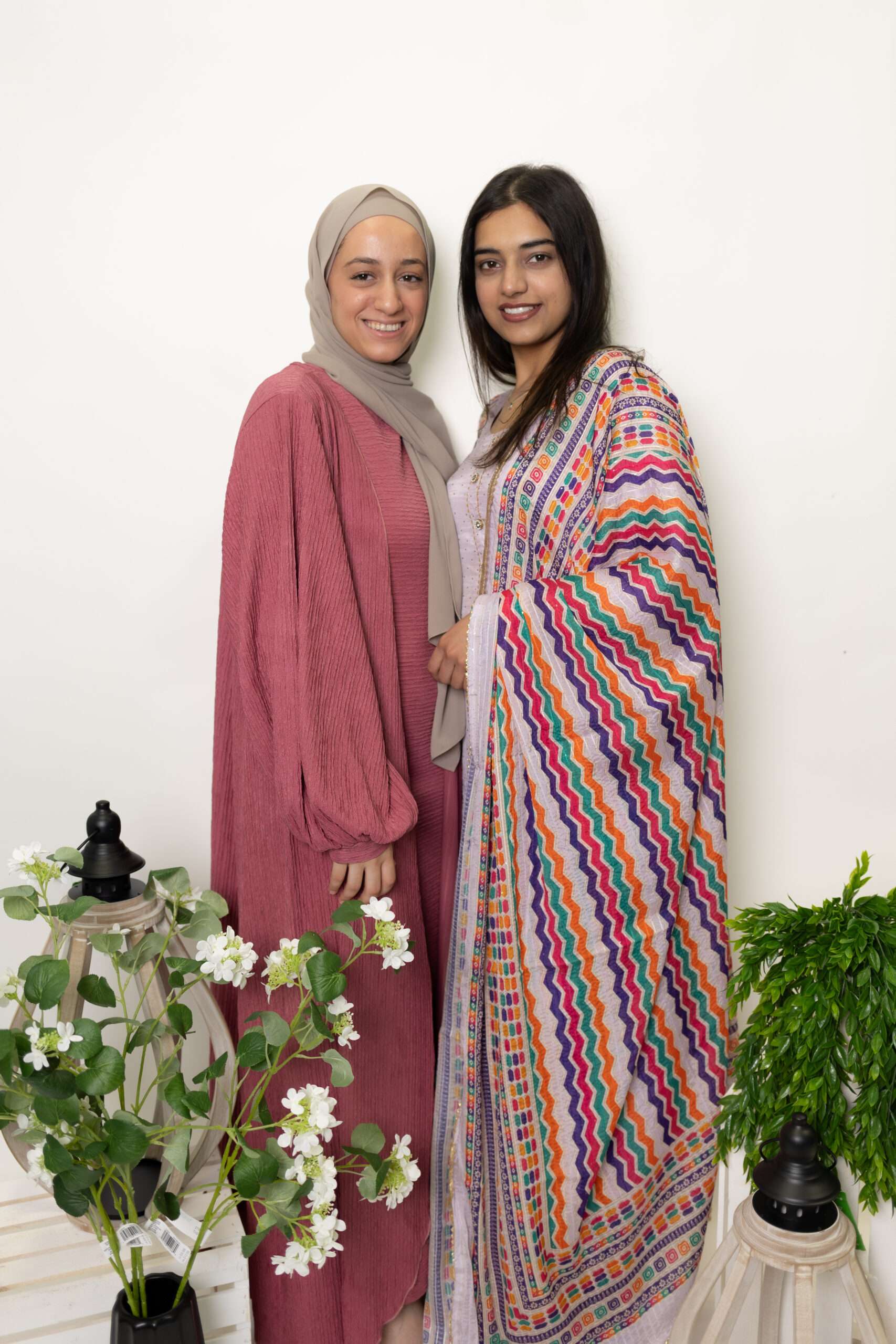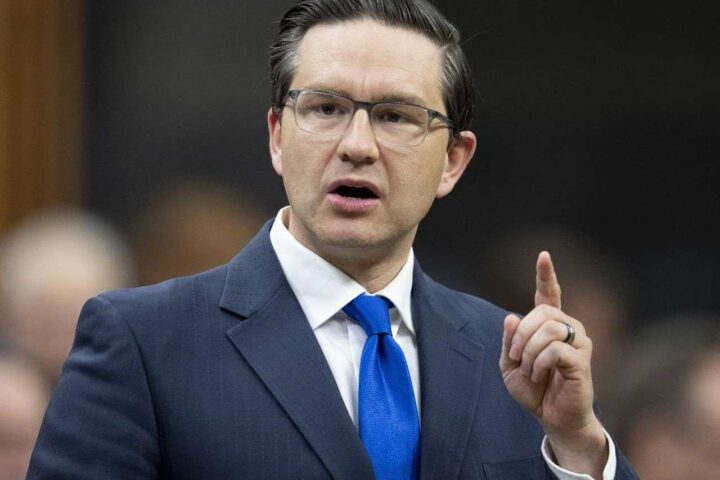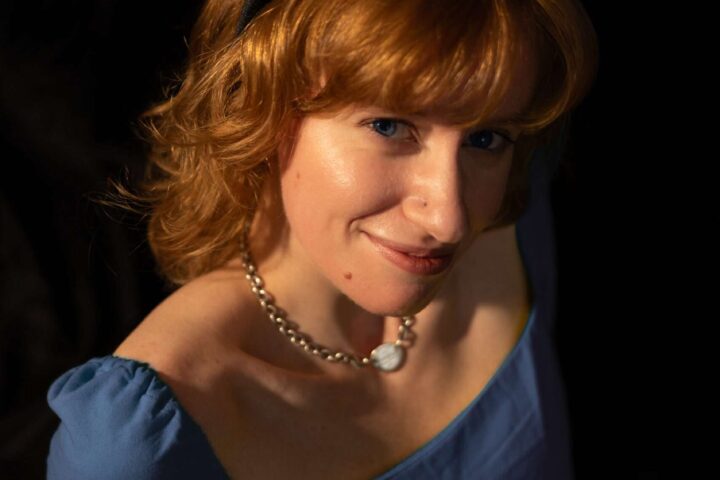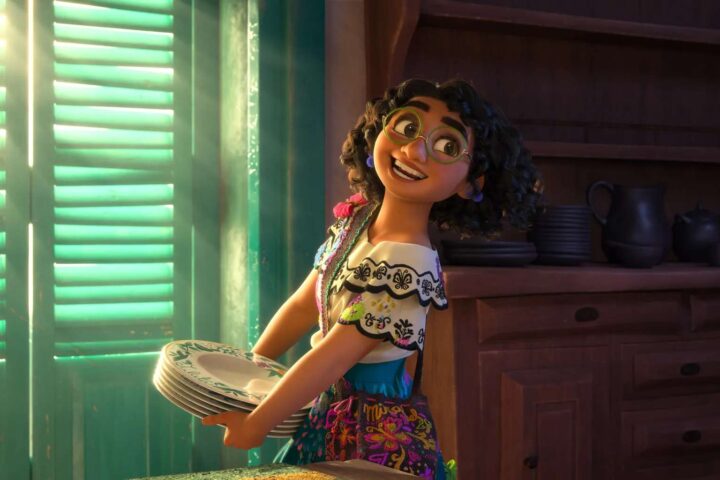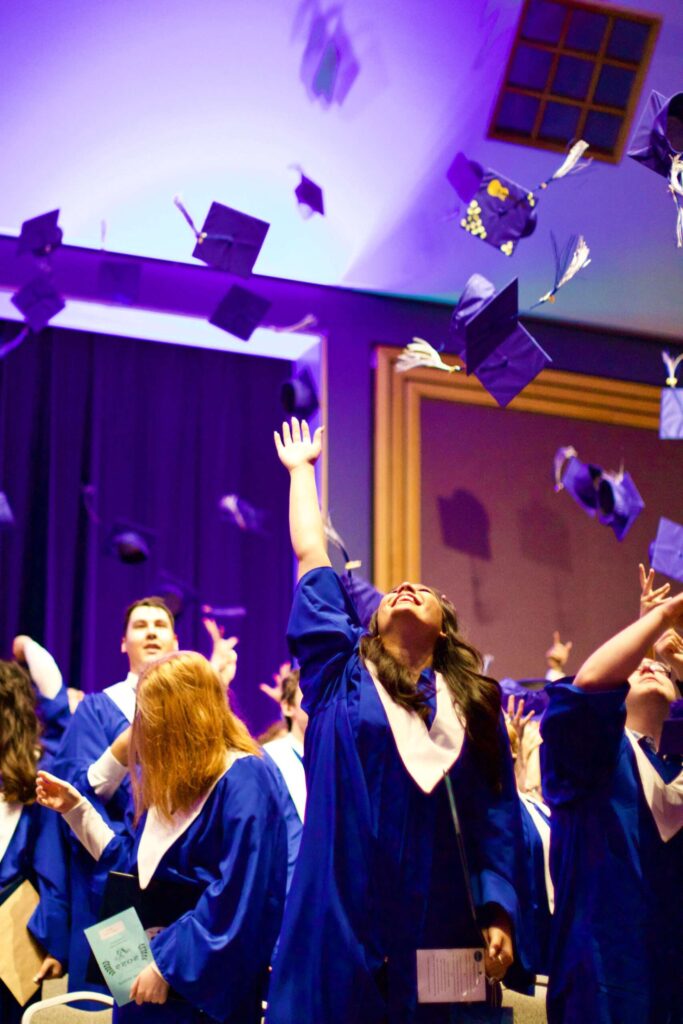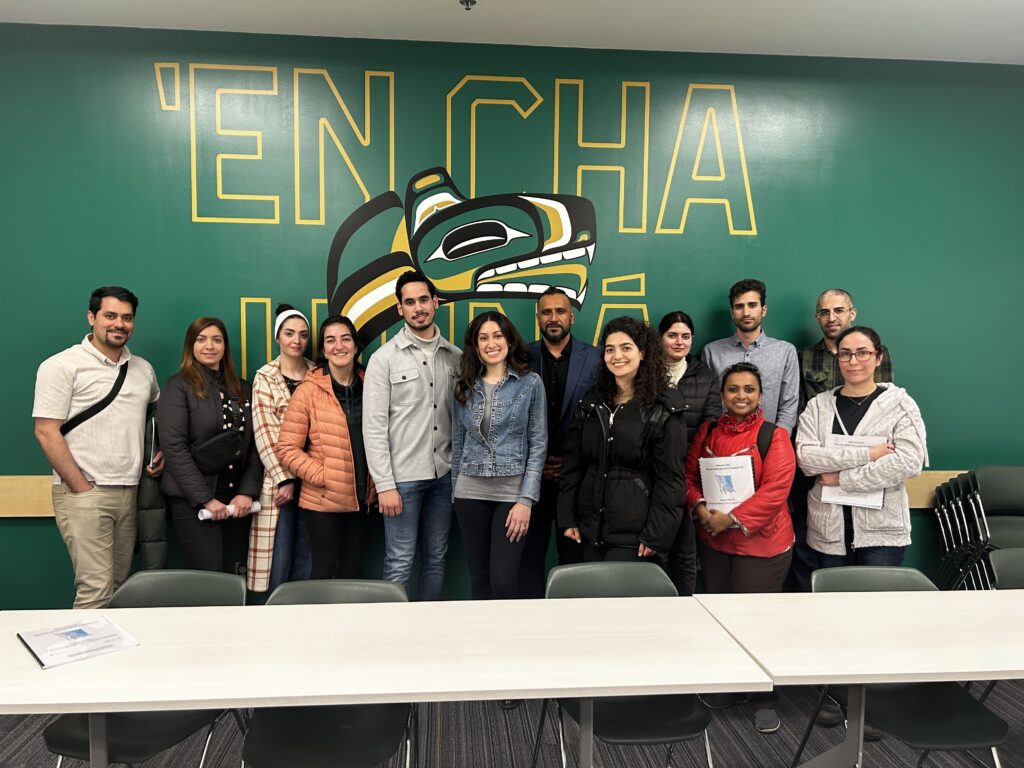Eid is a sacred and joyous occasion celebrated by Muslims around the world, marking the culmination of the holy month of Ramadan. It is a time of spiritual reflection, gratitude, and community, as families and friends come together to commemorate this special day. Eid holds deep significance in the Islamic faith, embodying the principles of compassion, generosity, and unity.
The celebration of Eid begins with the sighting of the new moon, signaling the end of Ramadan – a month of fasting, prayer, and self-discipline. For Muslims, Ramadan is a time of spiritual renewal and purification, as they strive to strengthen their connection with Allah through acts of worship and devotion. Fasting from dawn until dusk, abstaining from food, drink, and worldly distractions, Muslims seek to purify their souls and draw closer to their Creator.
As the month of Ramadan draws to a close, anticipation builds for the arrival of Eid al-Fitr, or the “Festival of Breaking the Fast.” This joyous occasion is celebrated with prayers, feasting, and acts of charity, as Muslims express gratitude for the blessings bestowed upon them during the holy month. Eid al-Fitr is a time of renewal and rejoicing, as believers gather in mosques and prayer grounds to offer special prayers known as Salat al-Eid, seeking forgiveness and divine mercy.
The spirit of generosity and compassion permeates the atmosphere of Eid, as Muslims extend kindness and hospitality to others, especially the less fortunate. It is customary to give Zakat al-Fitr, a form of charity that is obligatory for every Muslim, ensuring that all members of the community can partake in the festivities and experience the joy of Eid. From sharing meals with neighbors to visiting the sick and elderly, acts of kindness and goodwill abound during this auspicious time.
Family plays a central role in the celebration of Eid, as loved ones gather to exchange greetings, share meals, and strengthen bonds of kinship. The day begins with the performance of the Eid prayer, followed by a festive breakfast known as Suhoor, where traditional dishes and delicacies are enjoyed in abundance. Homes are adorned with decorations, and children eagerly anticipate receiving gifts and sweets as tokens of love and affection.
One of the defining features of Eid is the sense of unity and solidarity that permeates the Muslim community. Regardless of differences in language, culture, or nationality, Muslims come together in a spirit of brotherhood and sisterhood to celebrate their shared faith and heritage. Mosques and prayer grounds overflow with worshippers, as believers of all ages and backgrounds join in the collective expression of devotion and gratitude.
Beyond its religious significance, Eid serves as a time for reflection and renewal, inspiring Muslims to reaffirm their commitment to living lives of piety, compassion, and integrity. It is a reminder of the importance of humility and gratitude in the face of life’s blessings and challenges, and a call to embody the teachings of Islam in all aspects of daily life.
The day typically begins with the Fajr prayer, performed before sunrise, as worshippers gather in mosques and prayer grounds to offer supplications and seek blessings for the day ahead. Following the morning prayers, preparations for the day’s festivities begin in earnest, with families rising early to partake in the rituals that herald the arrival of Eid.
One of the most cherished traditions of Eid is the act of donning new clothes, symbolizing renewal and purification of the soul. Muslims dress in their finest attire, often wearing traditional garments such as the jubba for men and colorful abayas or hijabs for women. The sight of families adorned in their Eid finery adds to the celebratory atmosphere, as streets come alive with vibrant colors and joyful laughter.
As the sun rises higher in the sky, families gather for the Eid prayer, known as Salat al-Eid, which is performed in congregation at mosques, prayer grounds, and community centers. Led by an Imam, worshippers stand shoulder to shoulder, offering prayers of thanksgiving and supplication, and seeking forgiveness for any shortcomings during Ramadan.
Following the prayer, Muslims exchange heartfelt greetings of “Eid Mubarak” or “Happy Eid,” embracing one another with warm hugs and affectionate embraces. This gesture of goodwill and unity reinforces the sense of community and kinship that defines the spirit of Eid, as neighbors, friends, and loved ones come together to celebrate this joyous occasion.
After the prayer, families return home to partake in a festive breakfast known as Suhoor, where traditional dishes and delicacies are served in abundance. From savory treats like samosas and kebabs to sweet delights like baklava and maamoul, the table is laden with an array of culinary delights that tantalize the senses and delight the palate.
Throughout the day, homes are filled with the aromas of delicious food being prepared for the Eid feast, as families come together to share a hearty meal in the company of loved ones. Traditional dishes such as biryani, lamb korma, and chicken curry are served alongside fragrant rice, bread, and salads, creating a feast fit for a king.
In addition to feasting, acts of charity and goodwill are central to the celebration of Eid, as Muslims seek to share their blessings with those less fortunate. It is customary to give Zakat al-Fitr, a form of charity that is obligatory for every Muslim, ensuring that all members of the community can partake in the festivities and experience the joy of Eid.
As the day draws to a close, families gather once again to exchange gifts and sweets, symbolizing love, generosity, and friendship. Children eagerly anticipate receiving “Eidi,” monetary gifts given by elders as a token of love and blessings. The joy and excitement on their faces as they unwrap their gifts are a testament to the spirit of generosity and giving that defines Eid.
In the evening, communities come together for festive gatherings and events, including carnivals, bazaars, and cultural performances. Streets are adorned with colorful decorations, and music fills the air as families and friends celebrate late into the night, forging memories that will last a lifetime.
As the crescent moon sets on the horizon, signaling the end of Eid, Muslims bid farewell to another year of Ramadan with a sense of gratitude and fulfillment. The day of Eid is not just a celebration of faith, but a testament to the power of unity, love, and compassion that unites believers around the world. It is a time to come together, to rejoice in the blessings of Allah, and to reaffirm our commitment to living lives of piety, compassion, and integrity.
In conclusion, Eid is a celebration of faith, family, and community that holds deep significance in the hearts of Muslims around the world. It is a time of spiritual renewal, gratitude, and joy, as believers come together to commemorate the end of Ramadan and express their devotion to Allah. As the crescent moon heralds the arrival of Eid, Muslims everywhere gather in celebration, grateful for the blessings bestowed upon them and hopeful for a future filled with peace, prosperity, and harmony.


